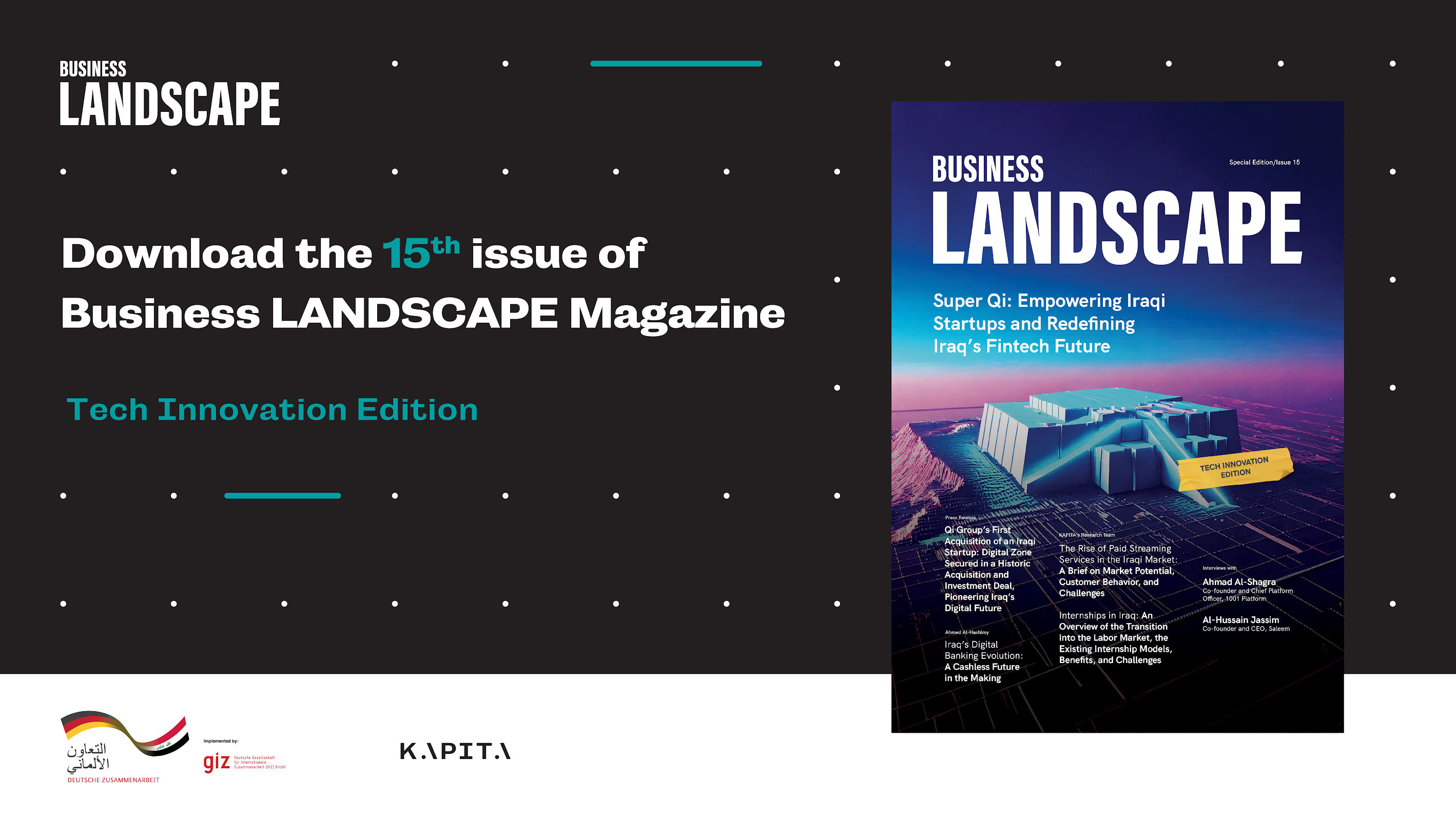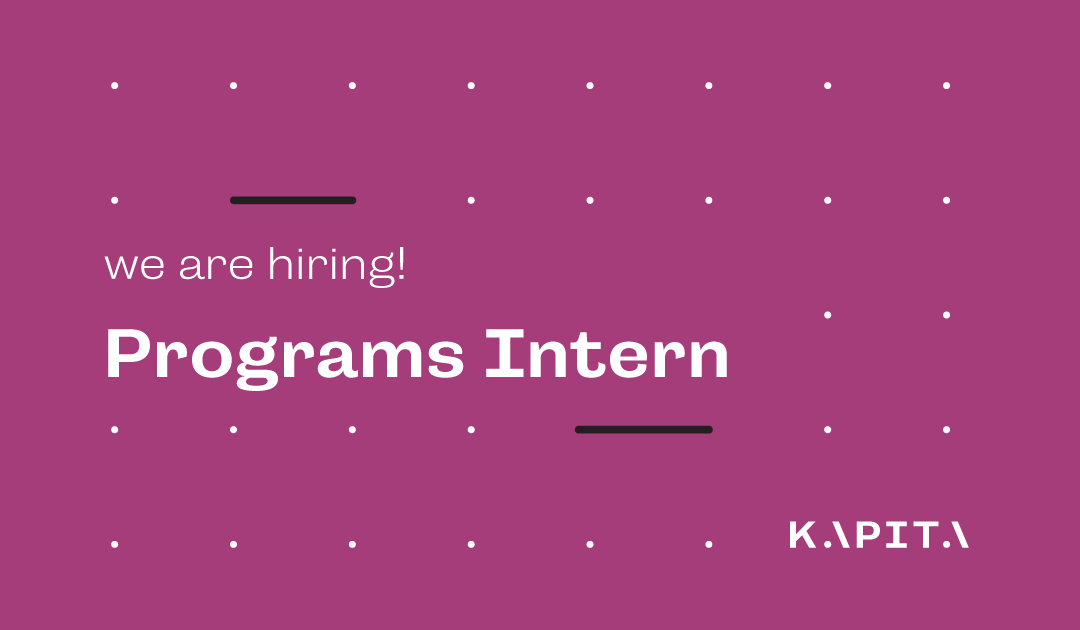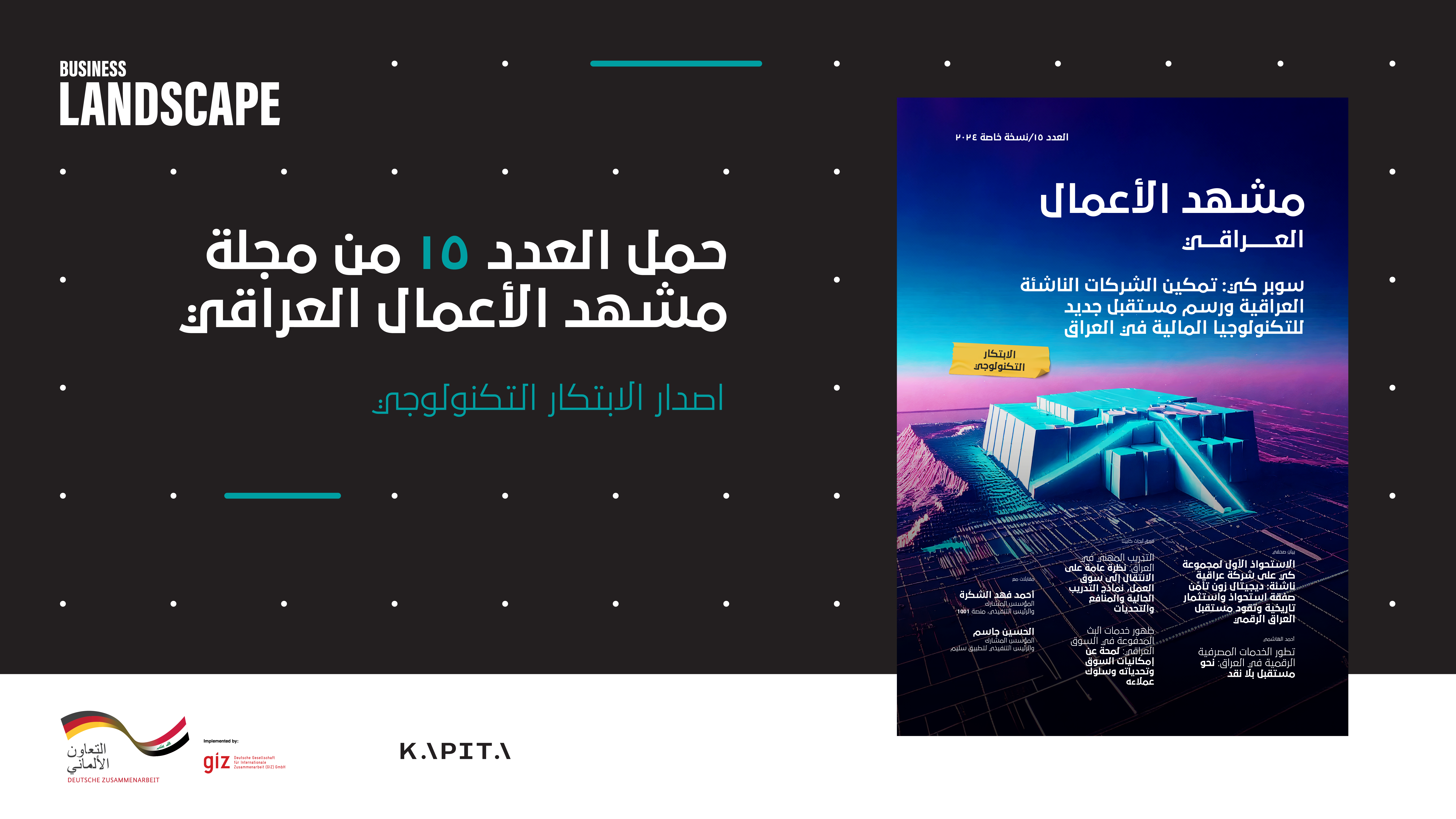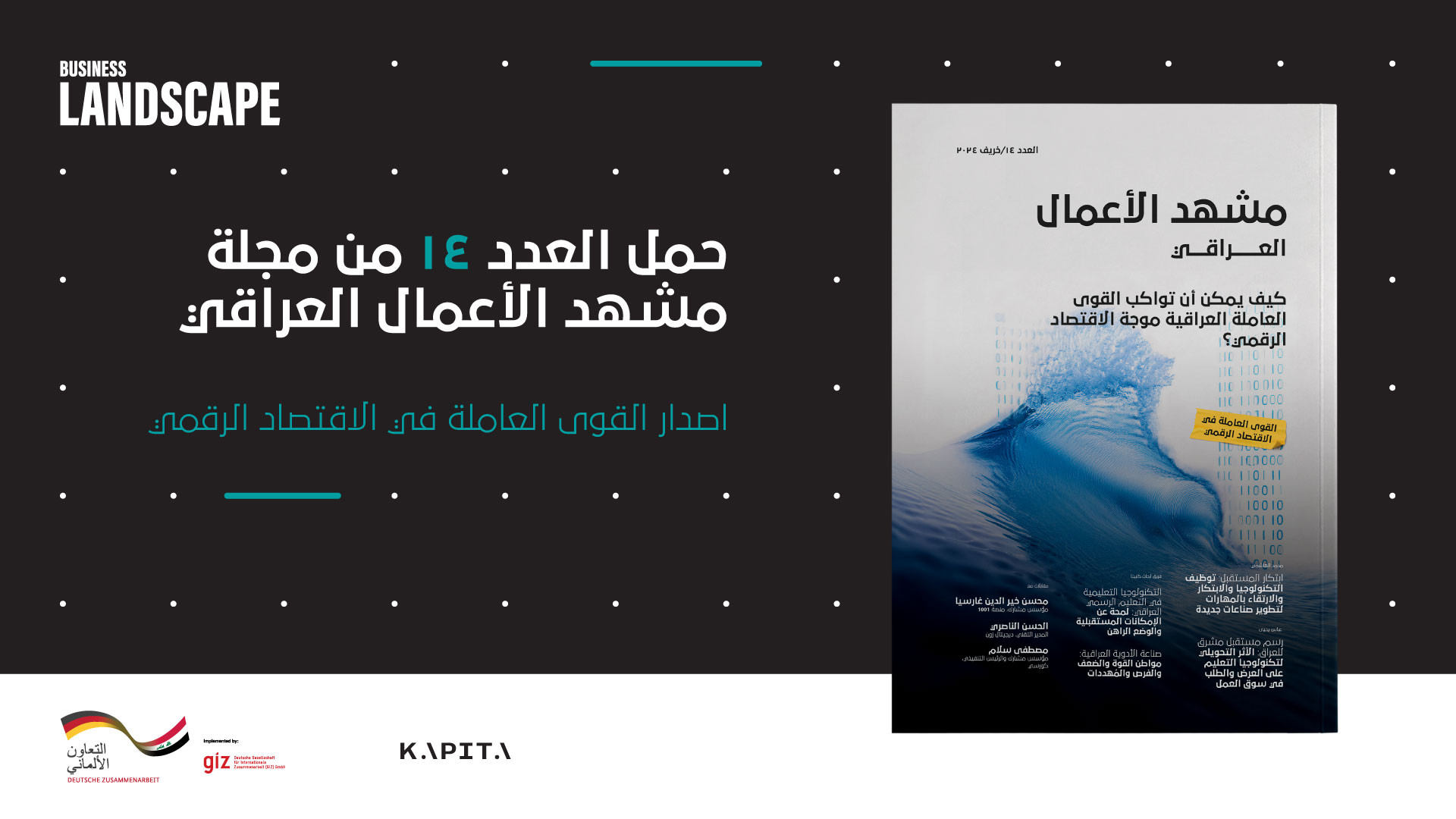We are pleased to present the 15th edition of Business LANDSCAPE Magazine, offering an in-depth exploration of Iraq's rapidly evolving business, tech, and economic landscapes. This issue brings together exclusive interviews, research insights, and real-life stories of innovation, illustrating the progress and challenges faced by Iraq’s entrepreneurs.
In this edition, we spotlight the rise of Iraq’s tech innovation, where fintech and streaming services are shaping new possibilities. We celebrate the journey of Qi Card as Iraq’s first super app, illustrating how technology-driven financial solutions are transforming Iraqi consumer behavior and empowering startups with access to over 10 million users. One of these startups is Digital Zone, which was Qi Group’s first acquisition and entry into the Iraqi startup ecosystem.
We also discuss Iraq’s shift towards a cashless society fueled by progressive policies, enhanced payment solutions, and strategic partnerships with key fintech players.
We shed light on the essential factors for AI startups to thrive, emphasizing the importance of practical, scalable applications. This theme of innovation extends to universities that can function as hubs for digital skills, preparing Iraq’s youth to lead in a tech-centric world.
We explore the gig economy's potential to reshape Iraq's job market. Highlighting the flexibility and empowerment that freelance platforms like Job Studio provide, we emphasize how this model fosters independence for young professionals, creating new income avenues and job opportunities while supporting the growth of Iraq’s digital economy.
The surge of paid streaming services has revolutionized Iraq’s entertainment industry. As KAPITA’s research team outlines, platforms like 1001, Almanasa, and Njoom Al-Rabiaa have gained traction, fueled by Iraq’s high mobile penetration and growing digital payment infrastructure. However, obstacles such as widespread piracy, limited localization, and weak internet infrastructure remain, underscoring the need for strategies that address Iraq’s unique market dynamics.
With Iraq’s young population eager for real-world experience, internships have become a crucial step in workforce development. KAPITA’s research highlights how companies like Miswag, Careem, and Asiacell are leading the way with structured programs that offer skill development, mentorship, and hands-on learning. These internships equip Iraqi youth with the tools they need for private-sector success, building a bridge between academic learning and career readiness.
Ahmad Fahad Al-Shagra, Co-founder of 1001 Platform, provides a candid assessment of Iraq’s startup ecosystem. Emphasizing the need for experienced mentorship and intelligent investment, Al-Shagra highlights strategies to foster a supportive environment where Iraqi startups can scale locally and regionally. His emphasis on product-market fit and collaborative networks resonates across Iraq’s entrepreneurial community, advocating for sustainable growth driven by mindset as much as by capital.
In addition, Al-Hussien Jassim, CEO of Saleem, discusses how technology is improving healthcare accessibility in Iraq. The Saleem platform connects patients with home-based medical services, online consultations, and lab testing, offering a convenient and reliable healthcare solution. Despite regulatory hurdles and an outdated medical infrastructure, Jassim’s vision for Saleem reflects the broader potential for digital transformation in Iraq’s healthcare sector.





